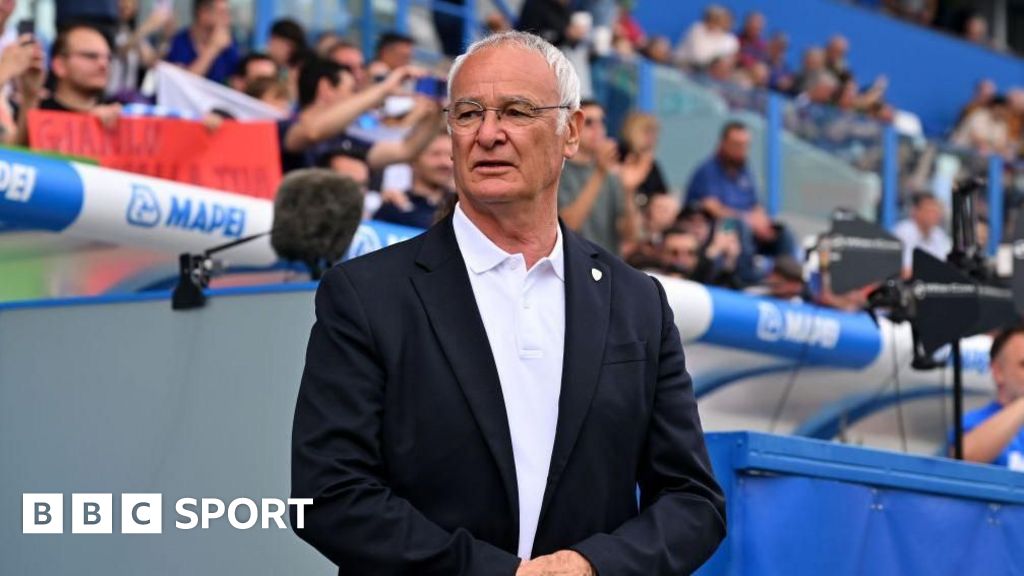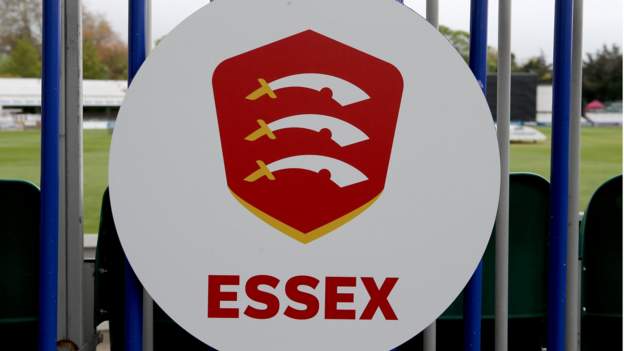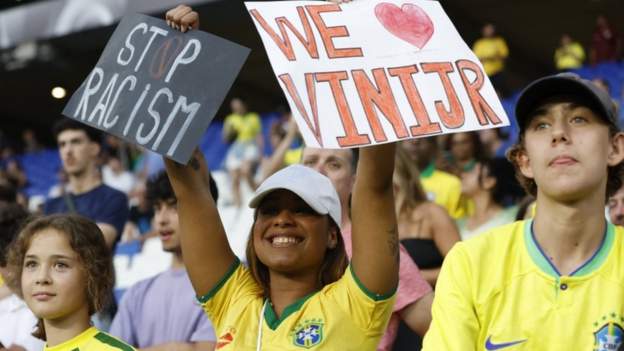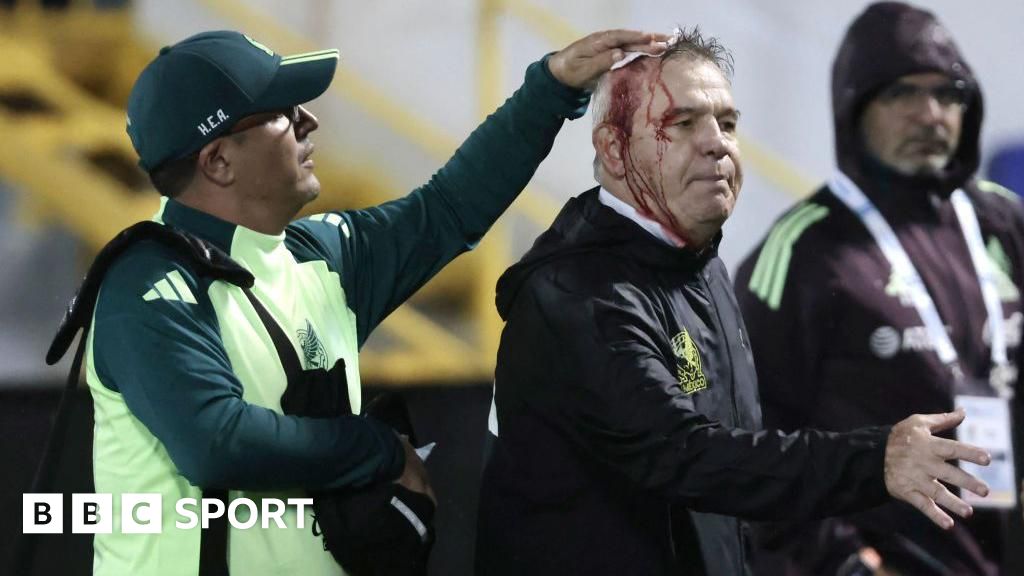Several ex-Essex players were victims of “racist abuse and discriminatory treatment” during their time at the club, a report has concluded.
No players have been named in the report by Katharine Newton KC.
Chairman Anu Mohindru said “fundamental errors” had been made in the past which did not reflect “the Essex of today”.
“Significant progress has been made across the club to build a workplace that values and respects every individual, regardless of their background, identity, and beliefs,” he added in a statement.
“Following recommendations from the independent committee, the club is now dealing with the process concerning any individuals where sanctions may be imposed.”
The report said that other individuals came forward “with further allegations of racially discriminatory treatment” as the investigation progressed, which were added to its remit.
‘Too scared to speak up’
The complaints related to a period from the mid 1990s to 2013 and the report said they reflected a dressing room culture which regarded ethnic, racial and religious comments as “banter”.
“Those at the receiving end of this treatment were too scared to speak up for fear of damaging their prospects of selection and progression,” the report continued.
“There was a lack of understanding of the needs of Muslim players. The catering was of an unacceptable standard, there were no proper prayer facilities, and little thought was given to the scheduling and location of team events during Ramadan.”
The investigation also found a former chairman used racist language during a 2017 board meeting.
Essex were fined £50,000 by the England and Wales Cricket Board last year after admitting two charges relating to that meeting – but although John Faragher, who is also not named in the report, resigned as chairman the previous year, he denied using racist language.
The report also found the former chairman acted in a “bullying, condescending, threatening and intimidatory manner” during a phone call with an individual who was standing for election to the general committee”, but he had “not acted in this way because of the individual’s race”.
Player known as ‘bomber’
Following the 9/11 attack on the United States in 2001, ‘Player 1’ was referred to as “bomber” by some team-mates, the report stated, and also given other derogatory nicknames.
He also claimed the decision to release him was discriminatory and Islamophobic, but the investigation did not uphold that allegation.
It concluded “the relevant decision makers were genuinely of the view, untainted by discrimination, that Player 1 would not have had a realistic chance of playing in the first team, as there were better players with his same skillset”.
‘Player 2’ was also on the receiving end of racial and religious discrimination on several occasions, the reports said.
His voice was “mocked and mimicked” in the dressing room and following the discovery of two car bombs in London, he was asked “would you bomb us?”
He also claimed his release was discriminatory, but the report found that following a back injury, “there was a decline in his ability” and the decision would not have been different had he been white or non-Muslim.
The report said ‘Player 3’ was offered bananas by a team-mate in a “manner that was unequivocally racist” and a coach failed to take action to stop it, while on another occasion a trialist at the club threw a banana down stairs at him following a team night out.
A “senior individual” at the club also used offensive expressions to describe black people, the investigation found.
‘Unreserved apology’
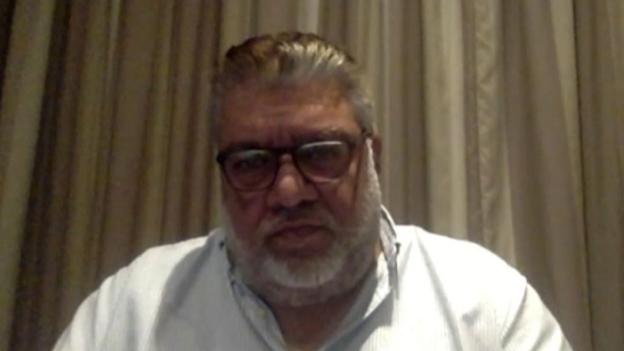
“I met with the victims this week, with (chief executive) John Stephenson, and I thought it was important for me to do that, so they knew the allegations that had been upheld in their particular cases and not find out in the press,” Essex chairman Mohindru told BBC Essex.
“I thanked them for their bravery in coming forward, and for their patience, and to each one I gave an unreserved apology from the club – I told them the club had failed them and got a lot of things wrong.
“They were appreciative of the apology and we’ll give them time to think about how we can help them and there’s going to be an open dialogue in regard to that.”
Essex have now set up a committee to consider possible sanctions against individuals as a result of the report, and Mohindru said there “possibly will be people still involved with the club”.
The report makes 15 recommendations, which include:
- The introduction of compulsory EDI (Equality, diversity and inclusion) training for everyone employed by the club
- All allegations of discriminatory conduct must be investigated promptly, thoroughly and impartially
- Introduce fair recruitment and retention processes to ensure to ensure the award, extension and termination of contracts are free from bias or discrimination
- Monitor opportunities given to play in the first XI to ensure they are fair, merit based and free from bias
- Operate objective, fair and inclusive recruitment processes for all posts, including coaching roles
The ECB announced a five-point action plan in November 2021 to tackle racism and discrimination within cricket.
It was established in the aftermath of Azeem Rafiq’s experiences of racism at Yorkshire during his time as a player at the club.
In May 2022, following the ECB fine, former Essex and England captain Graham Gooch said the club’s history had been “stained” by the allegations.
But at the time of initially receiving the Newton report in October, the club stated: “Essex CCC has a zero-tolerance policy towards racism and remains committed to eradicating any forms of discrimination within cricket”.

